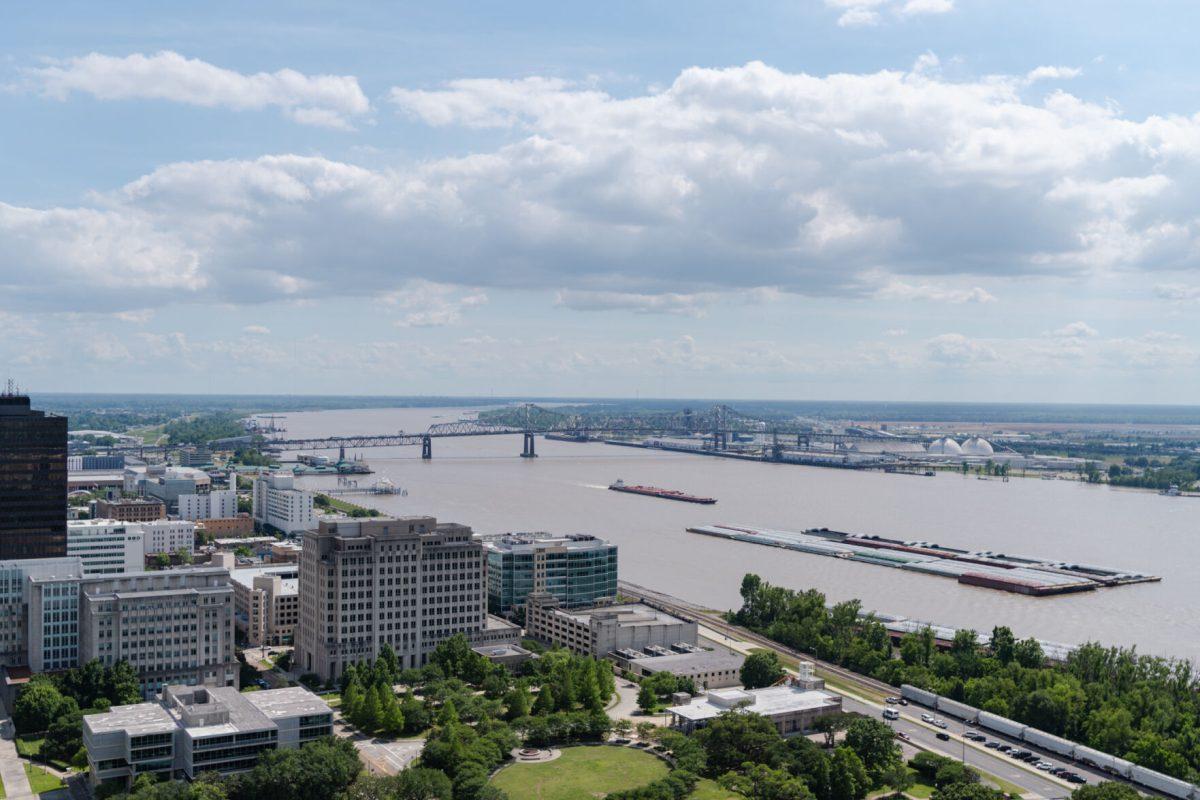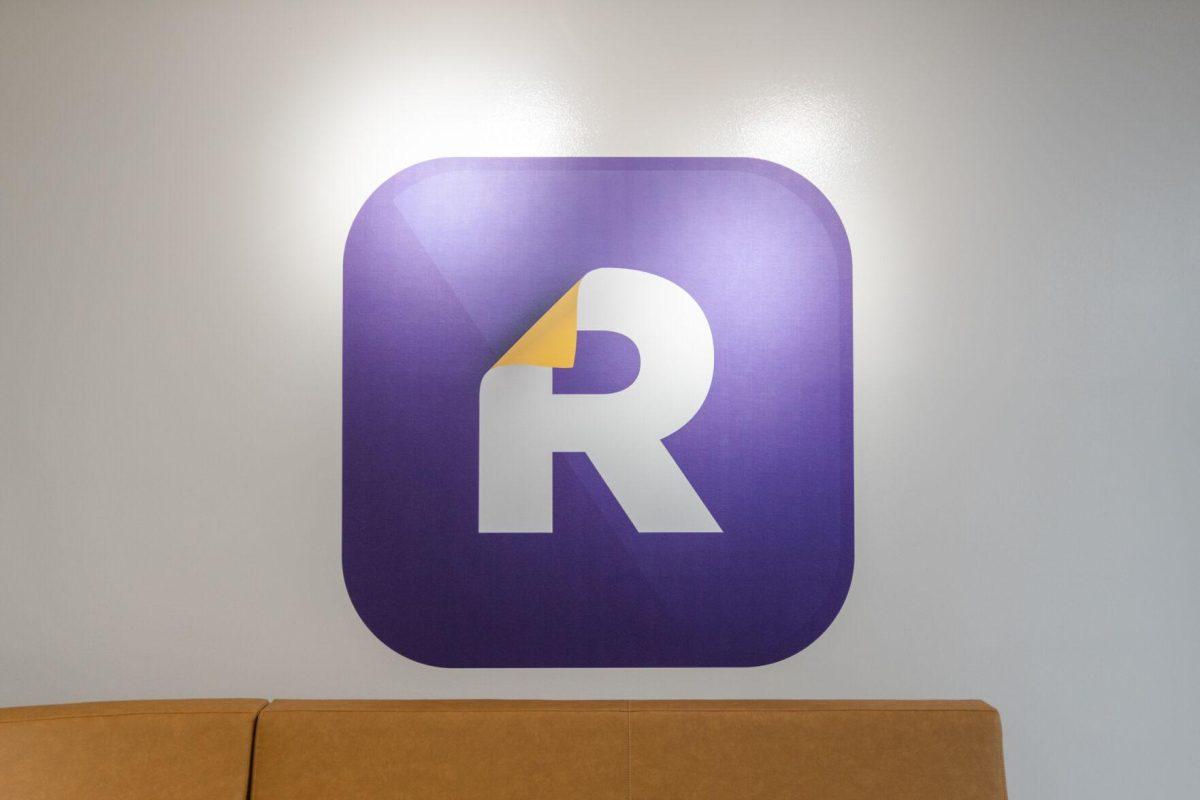In their final debate showdown before the Dec. 7 runoff election, Mayor-President Sharon Weston Broome and challenger Coach Emile “Sid” Edwards offered voters starkly different visions for the future of Baton Rouge.
The debate, held Tuesday night, centered on pressing issues such as public safety, infrastructure and the city’s socioeconomic challenges. Broome, seeking a third and final term, touted her record as a leader who has delivered tangible progress, while Edwards, the dean of students and head football coach at Istrouma High School, positioned himself as the change candidate promising fresh energy and unity for a divided city.
Public safety emerged as the central theme, with both candidates addressing the city’s ongoing struggle with crime. Broome defended her administration’s efforts, citing raises and new vehicles for the Baton Rouge Police Department, alongside initiatives like Safe, Hopeful, Healthy, which aims to address the root causes of crime.
“We have been moving the needle on crime, but it is my goal to make sure people do feel safe. We recognize that crime is a socioeconomic issue; it’s very complex, so we have been working to empower law enforcement and community programs. When we do this, we find that there is a reduction that takes place with that emphasis,” Broome said.
Edwards, however, painted a more bleak picture of safety in Baton Rouge. He advocated for more officers on the streets, stronger community relationships and improved police resources. He emphasized the need for hope and opportunities rather than punitive measures, highlighting inadequate equipment as an ongoing challenge.
“Quite honestly I do not feel like the city is overall safe right now. I’m in the North Baton Rouge area where I work, and the trauma, despair and hopelessness I see when I peel the curtain back is incredible,” Edwards said.
Both candidates tackled infrastructure issues like traffic congestion and the need for a new Mississippi River bridge. Broome emphasized the synchronization of 90% of traffic lights under her leadership and touted her progress in fixing traffic congestion problems around Baton Rouge. She embraced her reputation as an “infrastructure mayor” and looked ahead to future projects with citizen input.
Edwards criticized the pace of progress and proposed traffic solutions such as closing the Washington Street exit off the interstate and adding lanes to Airline Highway to relieve congestion on I-10 and I-12. While both agreed on the necessity of a new bridge, they differed on timelines and planning approaches, with Edwards voicing concerns over public input on its location.
“I think the big thing is that nobody wants it running through their neighborhood. It’s such a fight on where the location of it is. I think the question is, ‘Where is that bridge going to be put?’ But will it help? It only can,” Edwards said.
On the controversial proposal to merge the BRPD with the East Baton Rouge Sheriff’s Office, Edwards expressed opposition but called for collaboration among stakeholders to develop the best plan. Broome considered the idea premature, citing unanswered questions and a lack of readiness to move forward. Both candidates commended the current BRPD chief, with Edwards indicating no immediate plans for changes in leadership if he was elected.
“There are still a lot of unknowns as it relates to the proposal, like the cost involved,” Broome said. “I will tell you we have already taken some steps towards efficiency involving our BRPD and our Sheriff’s Department. Right now I do not think we are in a position to move forward on that concept.”
Edwards also addressed the city’s divisions head-on, promising to “break the chains of division” and unify Baton Rouge. He acknowledged the struggles of residents in high-crime areas and stressed the importance of job creation and investment in underserved communities. Edwards envisions a parish where residents support one another and work together, something he says he will make happen.
“We are absolutely divided. We’re not together, absolutely divided. I am a unifier, I am a healer and I plan on bringing people together to try and get this thing together,” Edwards said.
Broome focused on the city’s strengths, describing Baton Rouge as a community rich in culture, assets and strong people. She highlighted efforts to foster neighborhood connections through initiatives like the Neighborhood Convention and Summer of Hope, which Broome’s office started to bring communities together.
“We have an image problem in how we think about ourselves. When I bring in other mayors from other communities into Baton Rouge, they love Baton Rouge. We have got to accentuate our assets. We’ve got to create and reimagine our identity. We have a lot of strengths in this community,” Broome said.
In closing, the candidates reflected their campaign themes. Broome emphasized her experience, accomplishments and vision of making Baton Rouge the “best mid-sized city in the country.”
“My biggest honor has been serving as your mayor-president,” Broome said. “I believe the future is bright for Baton Rouge.”
Edwards leaned into his outsider status, offering fresh energy and hope while positioning himself as the candidate for change.
“I am the change candidate. If Baton Rouge is ready to win again, push the button for the coach,” Edwards said.
With the runoff being held on Dec. 7, and early voting starting this Friday, Nov. 22, voters will soon decide which vision they believe is best for Baton Rouge’s future.
Baton Rouge mayor-president candidates face off in final debate before runoff election
November 20, 2024
More to Discover














